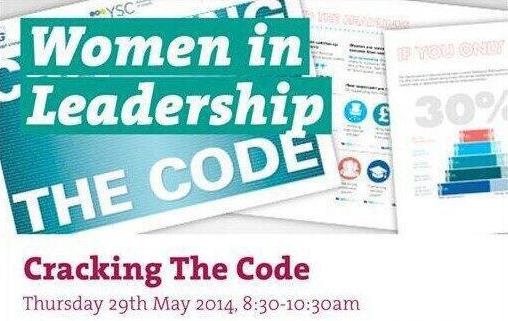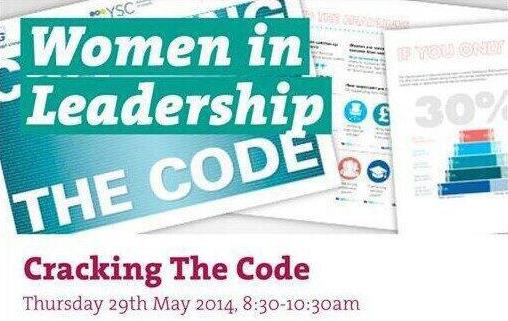It was a straight long road to run on. It was Sunday, the day of my ‘long run’. I had to go down the stretch turn at a particular point and come back where I started. Cruising along until the time that I had to turn. I quite didn’t realise that the return stretch was quite a lesson on ‘awareness of privilege’!
For it was when I turned, I realised that I had the wind backing me all the while I was cruising. I wasn’t seeing any of it, leave alone acknowledging that it was making a difference to my ease of cruise. But after making the turn, I was expending the same amount of effort and having far little to show compared to my run in the other direction. I cursed the wind.
As my body stabilised and as my muscles started working harder, I realised there was no point in cursing the wind. The support that the tailwind had offered me I had appropriated to myself and my capabilities. The wind had remained the same all through!
Headwind and tailwinds are invisible. The headwinds are felt more because we are up against it. As I finished the run I realised that this applies to life as well. We are hardly aware of several of the privileges that we are bestowed with, let alone crediting it with playing a part in success.
Earlier this week, a video on youtube held my attention. Take a minute to go over it. It is a simple yet powerful demonstration of what ‘privilege’ can mean and the material difference it can make.
To be aware of this privilege can be a great start. I was shooting the breeze with someone who requests anonymity. After three hours and two brimfuls of coffee, we agreed on few foundations.
Some foundations emerged as the coffee coursed our veins. Being born into privilege didn’t mean we didn’t earn our spurs. Or that we were bad people. We were clear that we couldn’t undo our childhoods or born the way we were born. Not that we intended to. Nor did we want to dismiss our achievements or the hard work that contributed to getting us where we are now. We were proud of what we had accomplished and were energised by what we wanted to do in the future. We still wanted to shoot for the moon and perhaps change the world too.
Accepting that privilege that the system bestowed on us, also contributed to where we are was a good start, we concluded. A modest start. But an important one at that. What does an ” ‘accusation’ of being privileged do to you?”, was a question we asked each other and examined for a long time. We had to examine the discomfort with examining the question too.
What more could we do? It was a long conversation and these were our top three conclusions. A call to action for ourselves, so to speak.
a. Examine the day
Between the two of us, we decided to examine our days and weeks. Deciding to sift through random events and uncover each other’s mental models was a natural consequence. We sought to examine the context of the content of what others spoke or acted and how it impacted us. Between the two of us, we decided that we would poke each other with questions that are curiosity laden. We must get somewhere with that.
b. Examine the voices within
Like the wind behind my back that I perhaps would have known better if I had been present to it. There I was coasting in the success that was coming my way. An examination of the ‘why’ is useful. Reflection and journaling can be a super place to start. “Once in a while is ok”, I proposed. And the gingerly proposal was met with a violent head nod in agreement.
c. A change of context
Privilege and the lack of it become apparent in different contexts. To change contexts, to travel, to work with people of different classes, to sit down and shoot the breeze with someone we usually will not, and several other things of the same ilk were going to be useful. That is one more area we will choose to examine.
We need to understand each other better for us to live rich meaning-laden lives. How better than understanding our contexts and our views of the world to get started. How better than counting our blessings and crediting that wind behind our backs as well.
One more thing we decided on: Share our resolve. Talk about it. Blog about it. Whatever. And this is the first step towards building awareness of my privilege!




